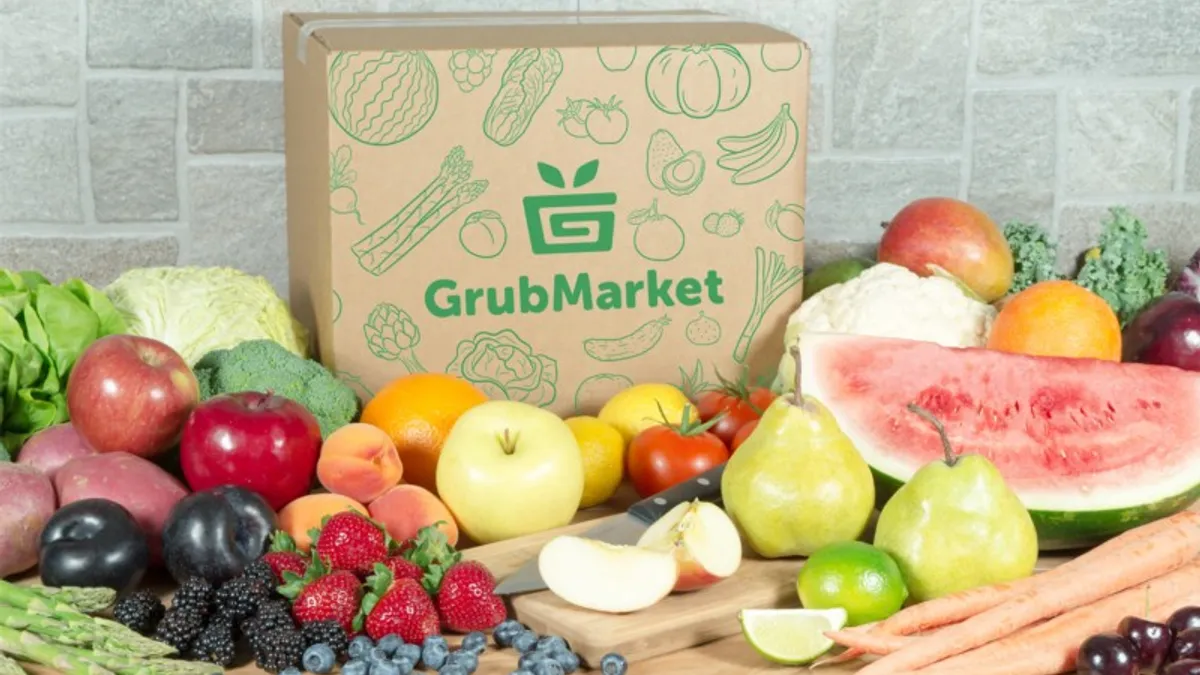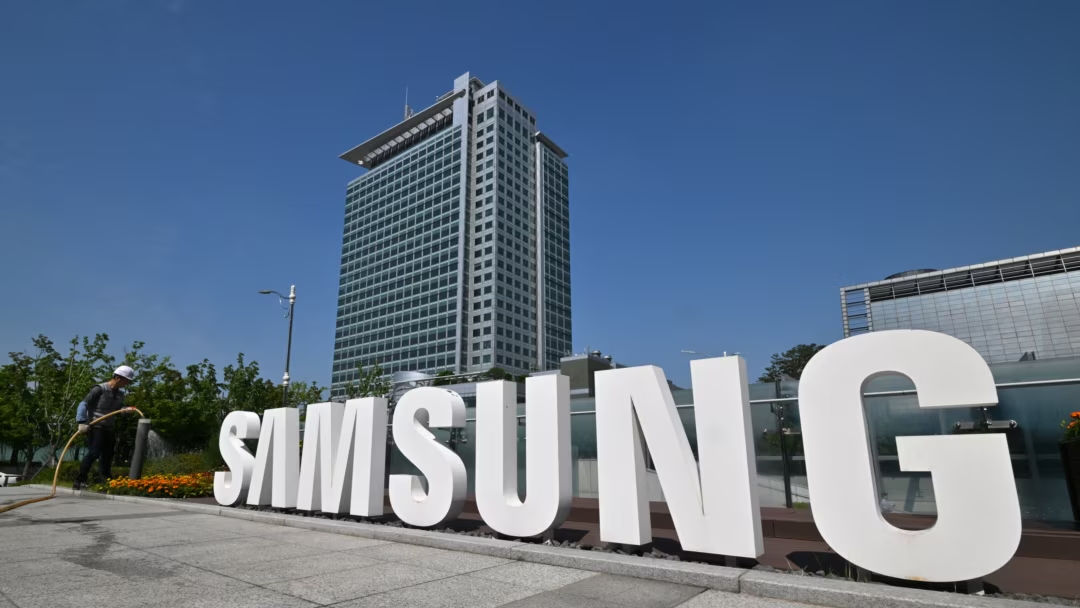GrubMarket has acquired Good Eggs, strengthening its position in the online grocery industry and expanding its market reach and service offerings
In online food delivery, there is an increasing amount of consolidation.
GrubMarket, the B2B empire in produce and grocery logistics that has been quietly created by the startup GrubMarket, which Tiger Global and others back, has acquired Good Eggs.
This once-famous fresh food delivery startup has more recently fallen on hard times. TechCrunch confirmed this information.
The terms of the agreement are not being disclosed; however, we have been informed by sources intimately familiar with the matter that it was a stock transaction with a valuation that was marginally higher than Good Eggs’ most recent valuation of $22 million.
Investors proactively approached GrubMarket in search of an exit strategy for Good Eggs.
We can verify that a new leader will charge Good Eggs under GrubMarket. Good Eggs will be led by Keith Brewer, who previously served as the Chief Operating Officer of Daylight Foods, which GrubMarket owned.
Although several Good Eggs’ employees are anticipated to transfer to GrubMarket, it is uncertain whether Rodrigo Arevalo, the Uber alum presently listed as Good Eggs’ CEO, will remain part of the transition.
This is a significant development for Good Eggs and indicates that investors who have invested hundreds of millions of dollars in perpetually loss-making ventures are now seeking to conclude their involvement with them and progress.
For context, Good Eggs was valued at $365 million in November 2020, according to PitchBook data (a round it announced in 2021). Its investor list was renowned, including Benchmark, Index, Sequoia, and Thrive.
Nevertheless, it experienced a significant decline following the COVID-19 pandemic, and it was most recently discounted by a staggering 94% last year, resulting in a $22 million valuation.
GrubMarket, on the other hand, has secured more than $560 million in funding and is currently valued at approximately $3.5 billion.
The company has been considering an IPO for some time, even though the public markets remain highly volatile for tech equities, and the IPO window is only slightly open. During an interview for this article, Mike Xu, the founder and CEO of GrubMarket, declined to provide any further commentary on the matter.
(There is also a possibility that additional financing may be announced: CNBC reported GrubMarket’s $3.5 billion valuation earlier this year, while PitchBook’s most recent valuation of $2.2 billion is from 2022.)
GrubMarket was initially a competitor to Good Eggs but later became a supplier. The evolving nature of this relationship may offer insight into why certain companies succeed in the grocery logistics and delivery sector while others fail.
Good Eggs and GrubMarket commenced operations in 2011 and 2014, respectively, emphasizing B2C. They specialize in delivering fresh food boxes to consumers and enterprises.
However, as Good Eggs maintained its focus on the consumer, GrubMarket shifted its focus to the B2B opportunity and rapidly expanded its operations by collaborating with significant and more minor grocers.
Whole Foods is its largest customer, and it has also supplied groceries and other products to other majors such as Walmart, Stanford University, and Good Eggs in recent years.
GrubMarket has been profitable for an extended period, and this profitability is attributed to its rigorous focus on margins, unit economics, key performance indicators (KPIs), and long-standing relationships with suppliers.
The founder’s absence of sleep hours demonstrates a strong work ethic.
“Profitability is inherent in our nature,” stated Xu. “We are proficient in achieving profitability.” It is a systematic approach.
Xu further stated that his company’s primary concentration is still on B2B, with over 80 acquisitions made to support that business.
However, acquisitions such as Good Eggs indicate that the company could leverage its economies of scale to reenter the B2C market. Nevertheless, Xu characterized the agreement as “optimistic” rather than opportunistic.
Some categories have been tough hit, while grocery delivery and food firms have experienced numerous ups and downs.
Earlier this year, Getir, a significant player in “instant” grocery delivery that aggressively raised hundreds of millions of dollars (from some of the same backers as Good Eggs, incidentally), cut its losses and retreated to its home market of Turkey.
GrubMarket, for example, functions as a consolidator to enhance its cost structure, while others are experiencing difficulty raising capital at robust valuations. Instacart, a publicly traded company, is scheduled to release its earnings today.
This announcement could serve as a predictor of the performance of other companies.



